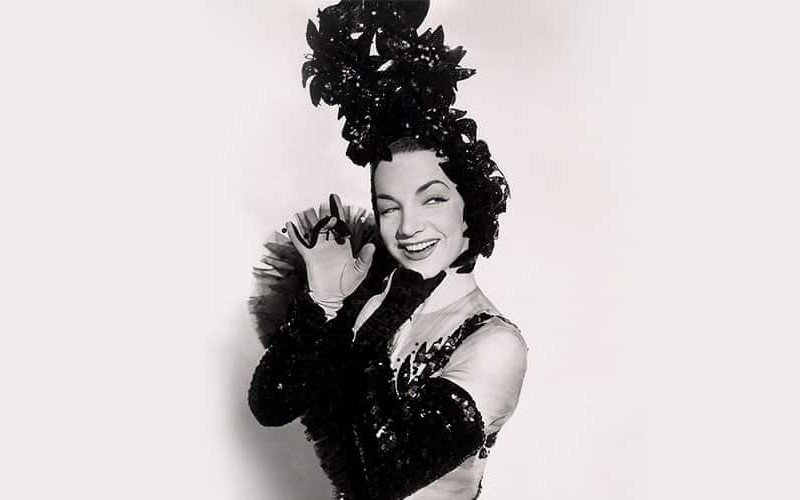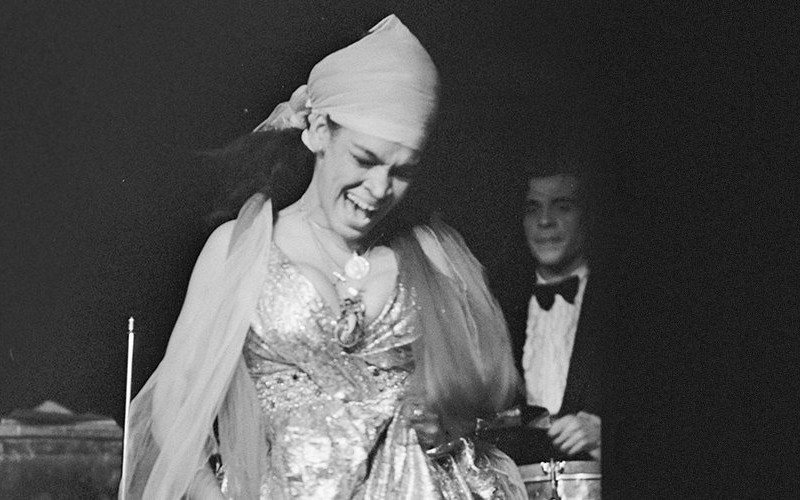This Is How Bolivian Cholitas Defy Stereotypes and Shatter Gender Norms
The Cholitas are leading the charge, showing what it means to defy norms, shatter glass ceilings, and be unapologetically powerful.
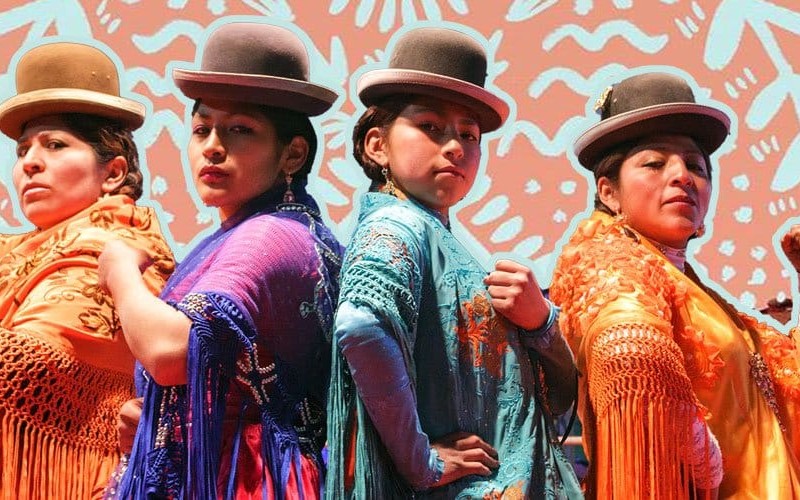
Bolivia’s western Andes is known for its deep valleys, towering mountains, and breathtaking landscapes. However, the most interesting thing about it is that it’s home to a remarkable group of women challenging long-standing gender norms.
Bolivian “Cholitas,” known for their iconic pollera skirts, aguayo embroidered cloth, and high bowler hats, are empowered Indigenous women carving out spaces for themselves that were once inaccessible. Through mountain climbing, skateboarding, and martial arts, they’re defying patriarchal structures and reclaiming their identities.
Mountain climbing: Cholitas conquering heights

Cecilia Llusco, an Aymara woman, is one of many Cholitas leading the charge against societal conventions. Raised in Bolivia’s mountains, Llusco’s connection with them runs deep. From her early years assisting her father, a high mountain guide, to going on her own climbing journeys, she’s known for her resilience and determination. She has become a high mountain guide, following in her father’s footsteps while still making the road her own.
The Cholita Climbers

“The Cholita Climbers,” as they’re known, refuse to be bound by traditional gender roles. Scaling Huayna Potosí and setting their sights on Everest, they’re not just climbing mountains; they’re shattering stereotypes. Lidia Huayllas, the group’s elder stateswoman and deputy mayor, is leading by example, inspiring generations of women to pursue their dreams despite the odds. The journey of The Cholita Climbers is not just defined by an impressive list of physical feats, but also by a deep sense of cultural pride.
Skateboarding: Cholitas redefining spaces

In the streets of Cochabamba, the Imilla Skate collective stands out for all the right reasons. Led by Dani Santiváñez, this group of bold young women is rewriting the script of skateboarding. With their vibrant, traditional clothes, they challenge conventional ideas of femininity and athleticism, presenting a much more interesting and empowering alternative.
The Imilla Skate collective

The Imilla Skate collective has transformed neglected spaces, making them vibrant and exciting again. They’re not just skaters, they’ve reclaimed their right to public spaces and fostered strong community bonds. Their influence even goes beyond the streets of Cochabamba, rippling across the nation. Their message is clear: women belong in skate parks, and their presence is non-negotiable. By taking this stance, they’re helping amplify indigenous voices and reshape perceptions of what it means to be a skateboarder.
Self-defense: Cholitas against gender-based violence
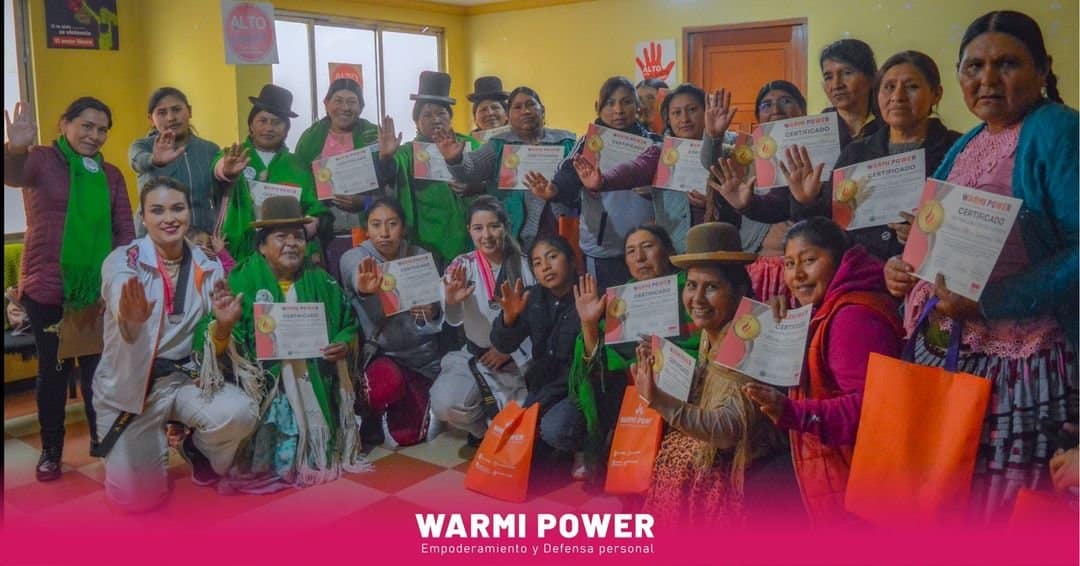
Faced with the issue of gender-based violence, Bolivian Cholitas are refusing to stay silent any longer. Lidia Mayta, a woman who was violently attacked by would-be robbers at her front door, has turned to martial arts as a tool for empowerment. Not only of herself but of other women in the community who are tired of being victimized and afraid.
In Bolivia, over 53% of women experience physical or sexual violence. Despite the high prevalence of gender-based violence, prevention services often lack knowledge about disabilities, limiting access to information and care, and leaving women to fend for themselves. Shockingly, only 1% of gender-based violence cases are prosecuted and convicted.
Warmi Power taekwondo studio

In this context, taekwondo studios like Warmi Power offer a sanctuary for women to learn self-defense techniques and reclaim their sense of agency. Beyond physical training, these spaces serve as platforms for solidarity and collective action against gender-based violence. Mayta found this space to learn taekwondo and she’s now one of their main facilitators, dedicated to introducing women to the transformative power of martial arts.
Self-defense techniques

By teaching women with the skills to defend themselves, organizations like Warmi Power are challenging the culture of impunity and fostering a culture of accountability. Their message is clear: violence against women will not be tolerated, and every woman has the right to feel safe in her community.
Bolivian Cholitas are leading a new chapter in their history
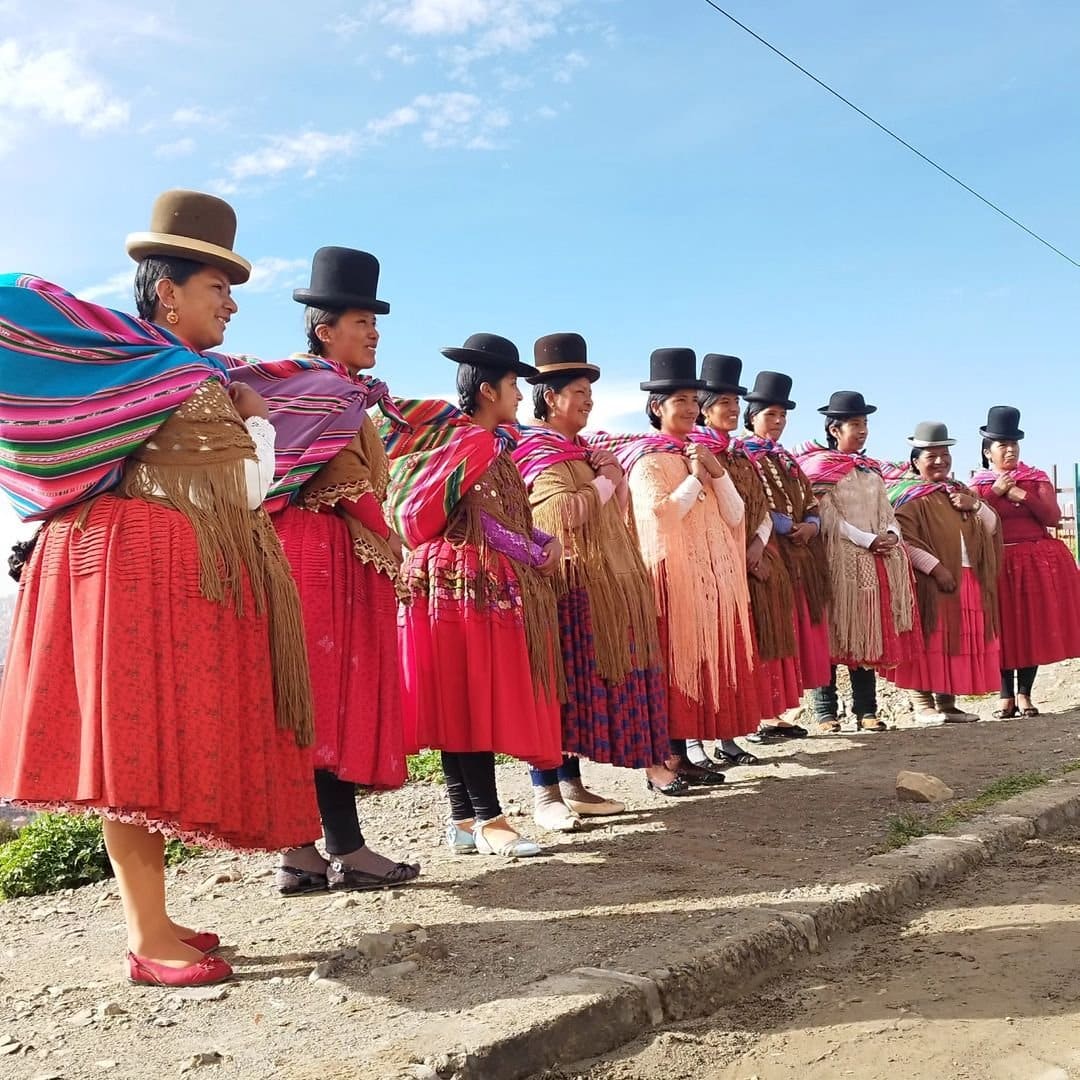
The stories of Bolivian Cholitas scaling mountains, mastering skateboards, and learning self-defense are not just individual victories; they’re part of a larger change that will ripple for generations to come. Through their actions, these women are rewriting the script of gender norms and reclaiming their rightful place in society. As they continue to challenge stereotypes, they inspire communities in Bolivia and around the world to rise and take up space. Bolivian Cholitas are shaping history, one challenge at a time.


